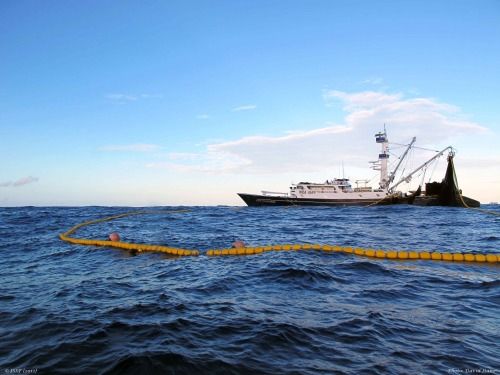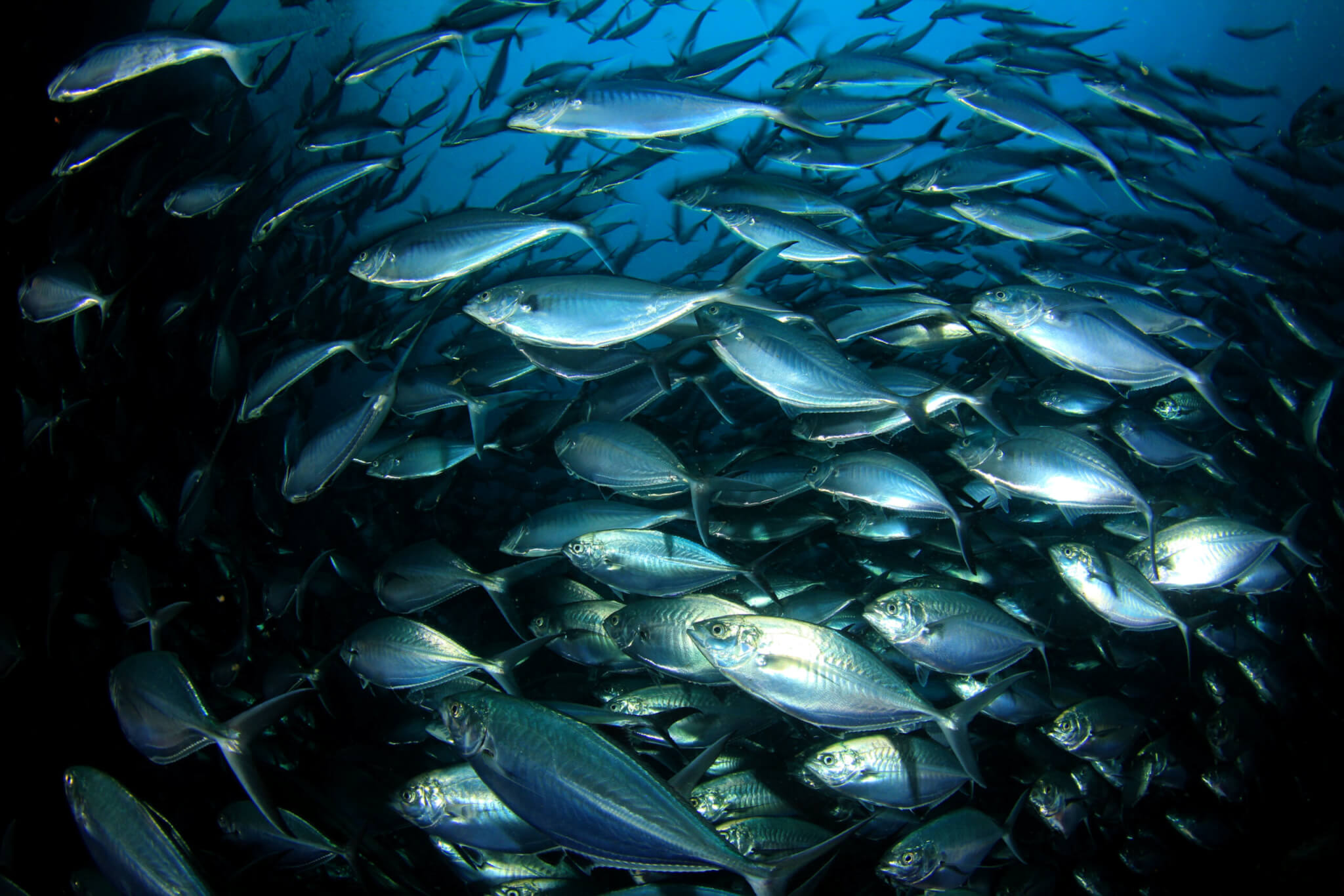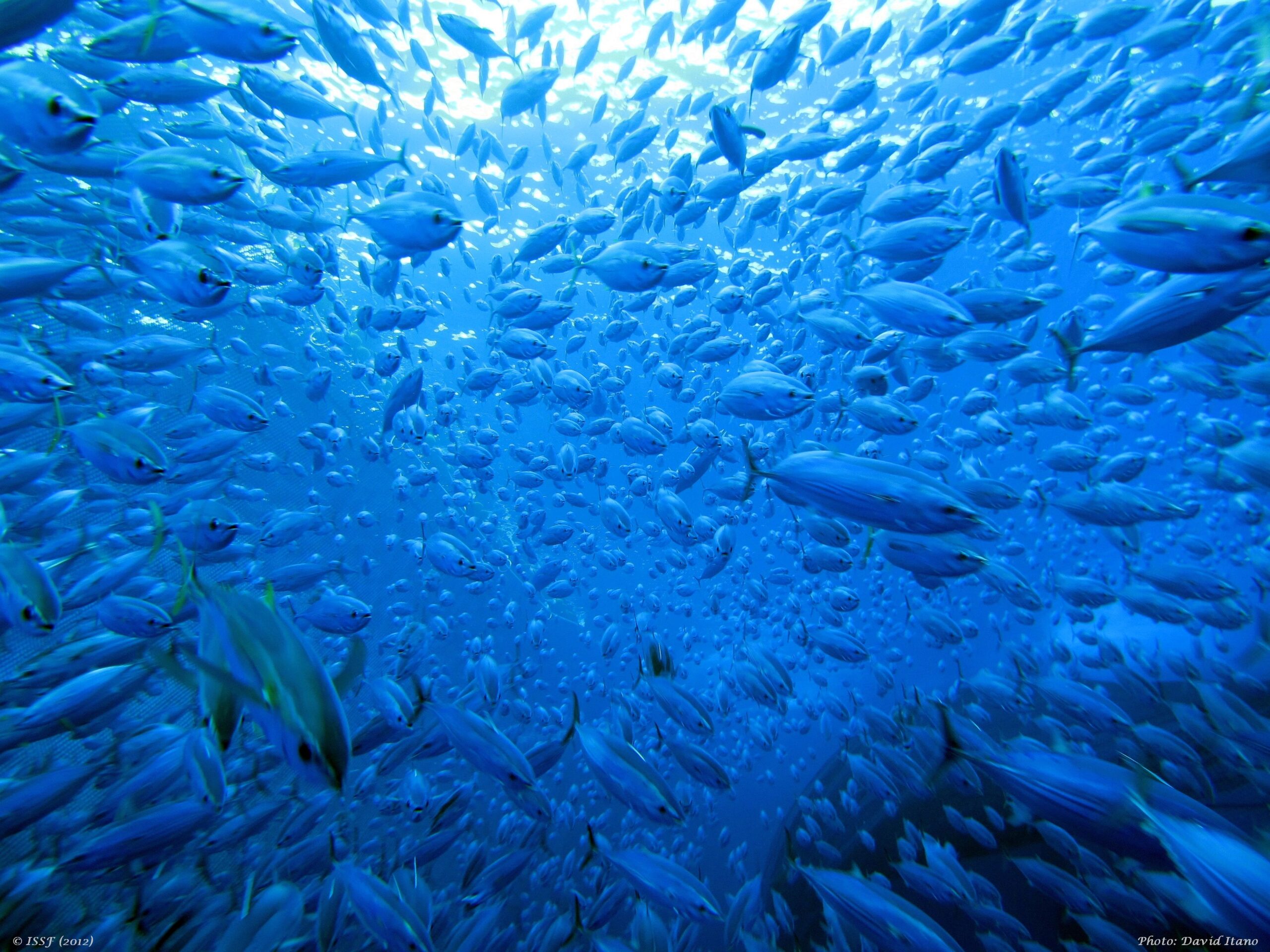
ISSF Urges ICCAT to Improve Tuna Stock Protections and Strengthen FAD Management
The International Seafood Sustainability Foundation (ISSF) has published its position statement in advance of the International Commission for the Conservation of Atlantic Tunas (ICCAT) annual meeting November 14-21, 2022. ISSF is advocating for action to ensure that bigeye and yellowfin tuna stocks are maintained at sustainable levels.
ISSF also is pushing for expanded FAD management measures, adoption of harvest strategies for western and eastern Atlantic bluefin tuna, stronger management and mitigation measures for sharks, and the development of standards for electronic monitoring and reporting to support more comprehensive observer coverage for Atlantic tuna fisheries.
Find out what we're asking #ICCAT to accomplish for #Atlantic fisheries — from reducing #bigeye and #yellowfin #tuna catches to requiring 100% observer coverage — at its upcoming annual meeting. Share on X“Many of the issues ISSF raised for ICCAT at this time last year have yet to be fully addressed. For example, catches of bigeye and yellowfin tuna have substantially exceeded total allowable catches (TACs) for years. And because there were no full allocations by fishing gear or by flag State, those members with over-catches could not always be identified,” said ISSF President Susan Jackson. “This situation must be addressed.”
“In addition, the incomplete submission of required FAD data has persisted since 2014, hindering needed scientific analyses for the development of limits on FAD sets or deployments. The failure to provide these data is unacceptable, and ICCAT must take corrective action. Finally, the development of harvest strategies for all tropical tunas must be accelerated.”
ISSF Top Priorities for ICCAT
ICCAT’s 23rd annual meeting has a “hybrid” format for participants and will be conducted both virtually and in person in Vale do Lobo, Portugal.
In its October 20, 2022, position statement, which can be downloaded in English, French, and Spanish, ISSF shared these leading recommendations with ICCAT:
- Adopt catch limits that allow bigeye and yellowfin tuna stocks to remain at sustainable levels, and ensure that catches are maintained within the Total Allowable Catches (TACs)
- Adopt in 2022 a timeframe to transition to FADs without nets and made primarily with biodegradable materials; develop FAD recovery policies, marking scheme and ownership rules; and require FAD position and acoustic data for scientific use.
- Adopt harvest strategies for bluefin tuna in 2022 and accelerate the development of harvest strategies for all tropical tuna stocks in 2023
- Adopt minimum standards for electronic monitoring by 2023. Require 100% observer coverage (human and/or electronic) for all major ICCAT fisheries, and all vessels engaged in at-sea transshipment by 2024
- Request that the Compliance Committee address non-compliance with FAD data reporting requirements and develop audit points for ICCAT measures


